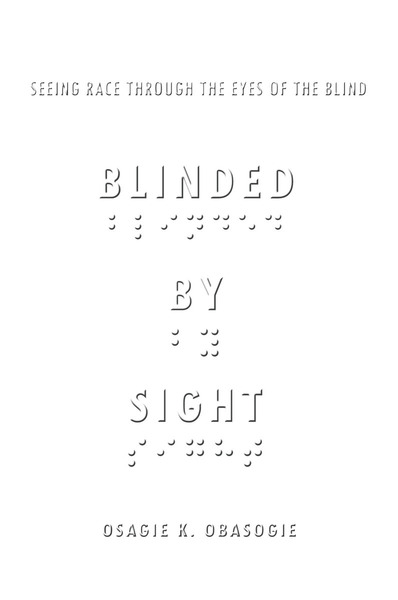Talking Biopolitics with Aaron Panofsky and Osagie K. Obasogie
 |
An online discussion between Aaron Panofsky and Osagie K. Obasogie for Talking Biopolitics 2015. Behavior genetics has always been a breeding ground for controversies. Claims about "criminal chromosomes," "gay genes" and the like have sparked often vitriolic national debates about race, class and inequality. InMisbehaving Science,Aaron Panofsky traces the field of behavior genetics back to its origins in |
 |
the 1950s, telling the story through close looks at five major controversies. He highlights the irony that behavior geneticists' struggles for scientific authority have made controversy inevitable - and in some ways essential - to the study of behavior genetics.
Behavior genetics has always been a breeding ground for controversies. Claims about "criminal chromosomes," "gay genes" and the like have sparked often vitriolic national debates about race, class and inequality. InMisbehaving Science,Aaron Panofsky traces the field of behavior genetics back to its origins in the 1950s, telling the story through close looks at five major controversies. He highlights the irony that behavior geneticists' struggles for scientific authority have made controversy inevitable - and in some ways essential - to the study of behavior genetics.
About the Author
Aaron Panofsky is Associate Professor in Public Policy and at the Institute for Society and Genetics at the University of California, Los Angeles. Prior to joining UCLA in January of 2008, he was a Robert Wood Johnson Health Policy Scholar at UC Berkeley from 2006 through 2007. Panofsky received his Ph.D. in sociology from New York University in 2006.
 |
Panofsky’s main research interest is in the sociology of science and knowledge with a special focus on genetics. He recently published his first book, Misbehaving Science: Controversy and the Development of Behavior Genetics (Chicago, 2014), is an analysis of the causes and consequences of controversy in the field of behavioral genetics. A second major project is investigating how patient advocate groups are seeking to affect the research process in the medical genetics of rare disorders. These and other projects fit with his abiding science policy interests in the governance of science and technology and the relationship between expertise and democracy. |
 |
Osagie K. Obasogie is a Professor of Law at UC Hastings with with the UCSF Department of Social and Behavioral Sciences. He is also a Senior Fellow at the Center for Genetics and Society. His research attempts to bridge the conceptual and methodological gaps between empirical and doctrinal scholarship on race, which is discussed in his first book, (Stanford University Press, 2014). His scholarship also looks at the past and present roles of science in both constructing racial meanings and explaining racial disparities. This is tied to his interest in bioethics, particularly the social, ethical, and legal implications of reproductive and genetic technologies. Obasogie’s second book, Beyond Bioethics: Towards a New Biopolitics (with Marcy Darnovsky) is currently under contract with the University of California Press. |



